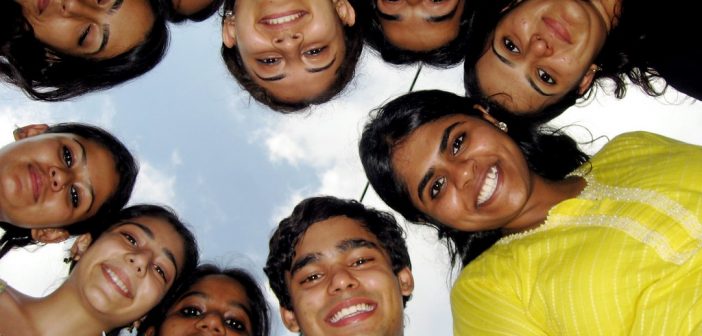In recent years, a concerning trend has emerged in India: a growing number of young individuals are showing disinterest in traditional employment opportunities. Despite the country’s burgeoning economy and diverse job market, a significant portion of the youth population appears reluctant to pursue conventional career paths. This report delves into the underlying factors contributing to this phenomenon, drawing insights from data and information sourced from reputable online platforms and studies.
Changing Aspirations and Career Preferences
One of the primary reasons for the decline in interest among young Indians towards traditional jobs is the shifting aspirations and career preferences of the millennial and Gen Z demographics. Unlike previous generations, who often prioritized stability and job security, today’s youth value autonomy, flexibility, and purpose in their work. Many young individuals are drawn to entrepreneurship, freelancing, and gig economy opportunities that offer greater control over their schedules and allow them to pursue their passions.
According to a survey conducted by LinkedIn, over 72% of Indian professionals consider entrepreneurship a viable career option, highlighting the growing appeal of non-traditional paths among the youth. The rise of digital platforms and technology-enabled work models has further facilitated this trend, providing avenues for creative expression and self-employment.
Skills Mismatch and Education System Challenges
Another significant factor contributing to the disinterest in traditional jobs among young Indians is the skills gap and mismatch between formal education and industry requirements. Despite the increasing number of graduates churned out by India’s education system, many lack the practical skills and job readiness demanded by employers.
A report by the National Employability Through Apprenticeship Program (NETAP) revealed that only 47% of Indian graduates are employable in the organized sector, emphasizing the urgent need for skill development initiatives and vocational training programs. The disconnect between academic curricula and industry needs has led to disillusionment among young job seekers, who perceive traditional employment as restrictive and uninspiring.
Job Market Volatility and Economic Uncertainty
The volatility of the job market and economic uncertainty also contribute to the reluctance of young Indians to pursue traditional jobs. With the advent of automation, artificial intelligence, and globalization, many industries are undergoing rapid transformation, leading to job displacement and structural shifts in the labor market.
The COVID-19 pandemic exacerbated these challenges, triggering widespread layoffs, salary cuts, and hiring freezes across various sectors. According to data from the Centre for Monitoring Indian Economy (CMIE), India’s unemployment rate surged to a record high of 23.5% in April 2020, further eroding confidence in traditional employment avenues.
The precarious nature of traditional jobs, coupled with concerns about job security and financial stability, has prompted many young Indians to explore alternative career paths and pursue avenues that offer greater resilience and adaptability in the face of economic upheavals.
Cultural and Social Pressures
Cultural and social factors also play a significant role in shaping the career choices and aspirations of young Indians. In many Indian households, there exists a prevailing emphasis on conventional professions such as engineering, medicine, and civil services, which are often viewed as prestigious and financially rewarding.
However, as societal norms evolve and awareness about diverse career options increases, young individuals are challenging traditional stereotypes and seeking fulfillment beyond conventional definitions of success. The influence of social media, globalization, and exposure to global trends has empowered young Indians to explore unconventional career paths and embrace risk-taking in pursuit of their goals.
The decline in interest among young Indians towards traditional jobs reflects a broader shift in attitudes and aspirations driven by changing socio-economic dynamics, technological advancements, and evolving cultural norms. While traditional employment continues to hold relevance in India’s labor market, addressing the aspirations, skill gaps, and economic uncertainties faced by the youth is essential for fostering a conducive environment for sustainable employment generation and inclusive growth. Through targeted interventions in education, skill development, and entrepreneurship support, India can harness the potential of its youth population and nurture a workforce equipped to thrive in the 21st-century economy.






